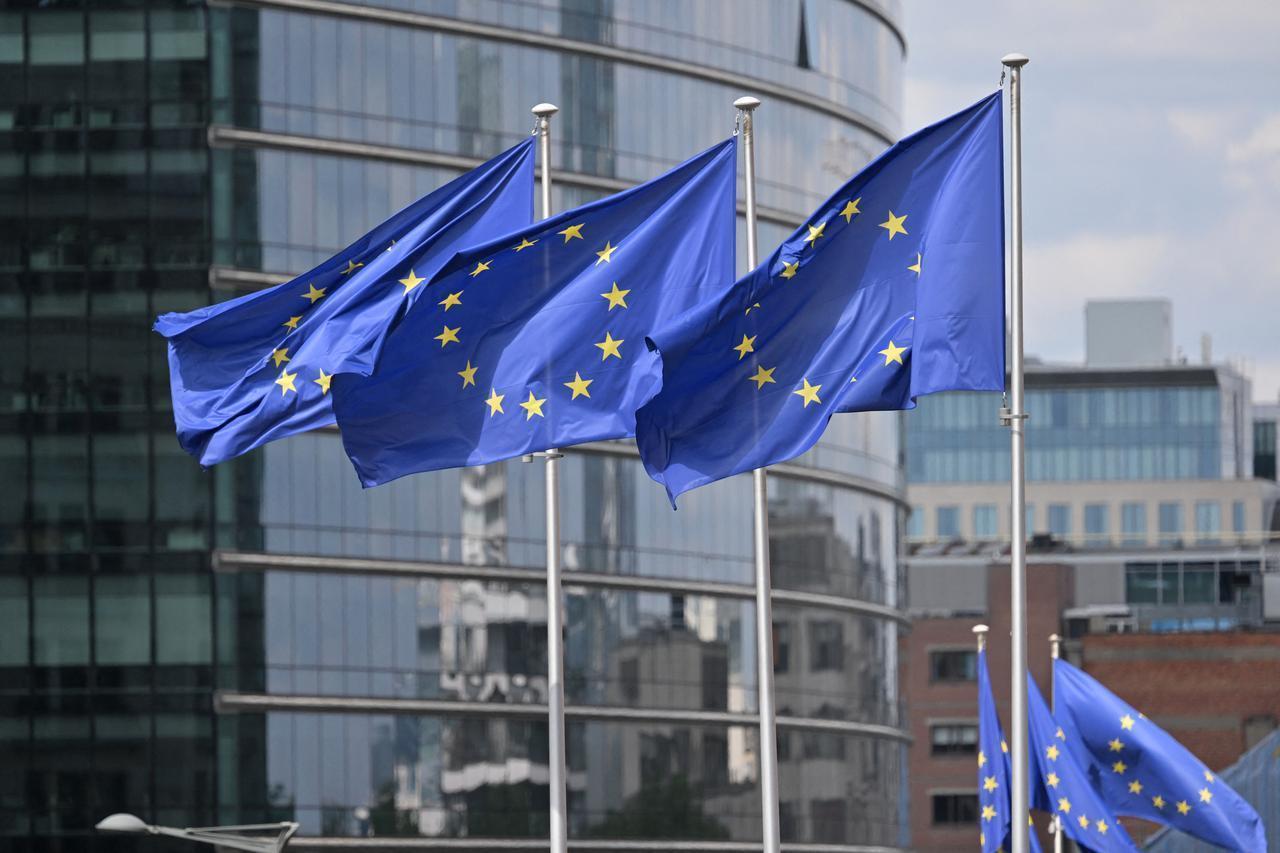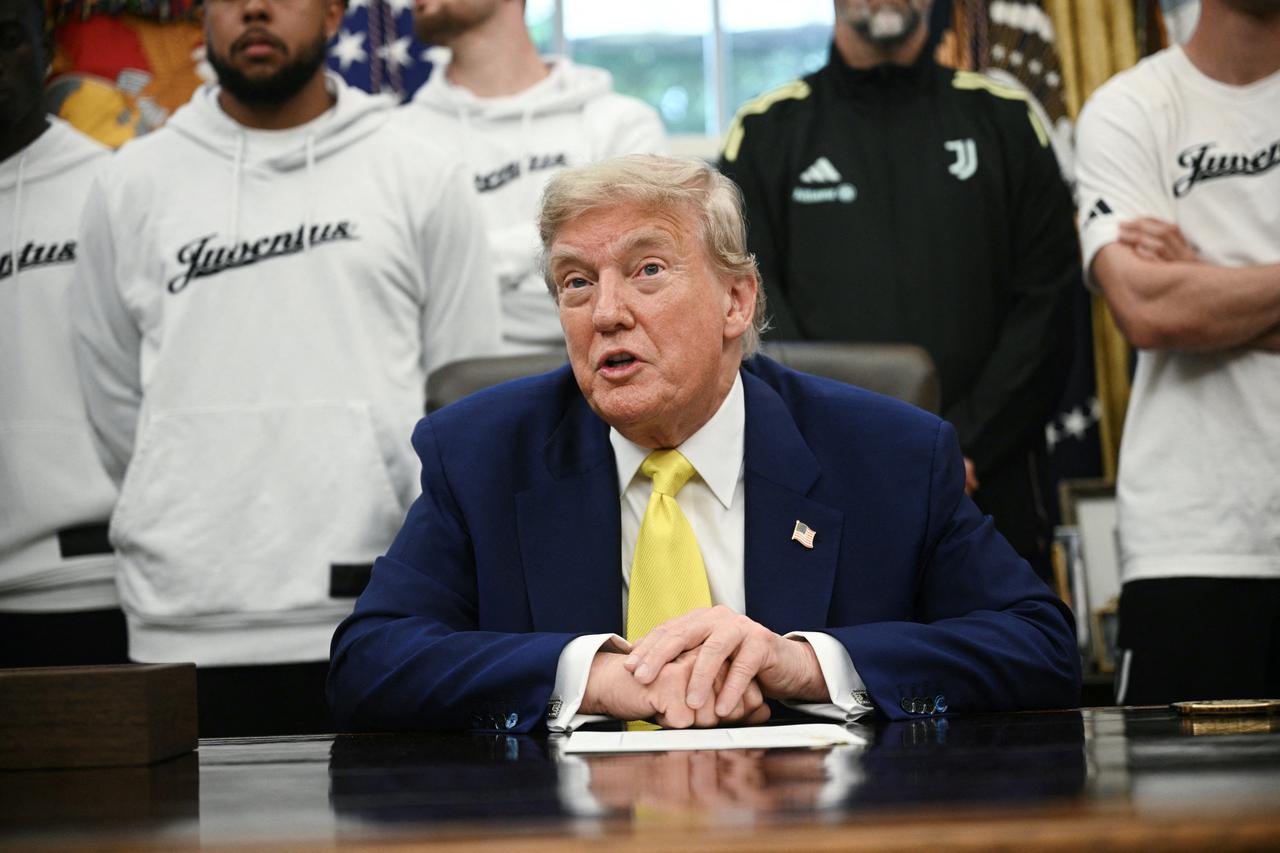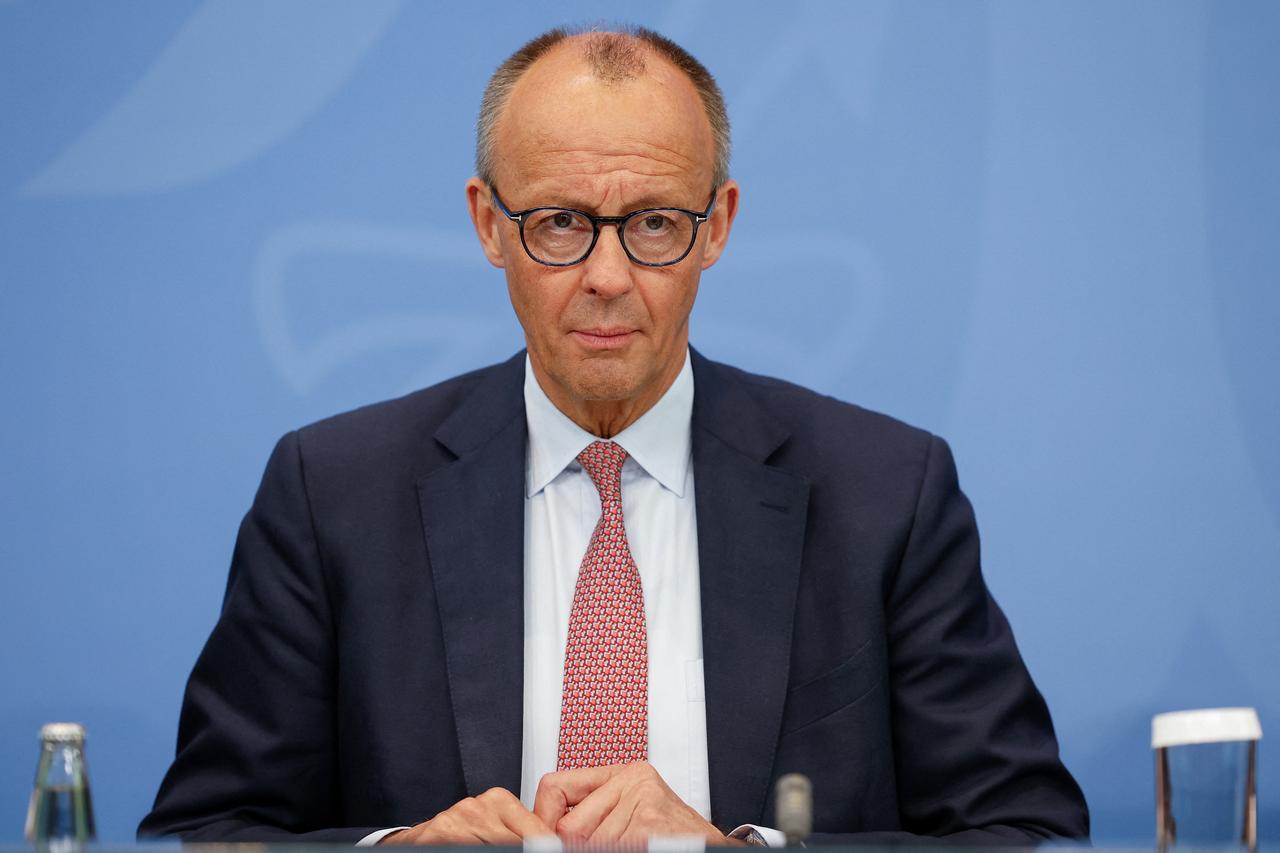
Foreign ministers from Germany, France and Britain plan to hold nuclear talks with their Iranian counterpart on Friday in Geneva, a German diplomatic source told Reuters.
The ministers will meet with Iranian Foreign Minister Abbas Araghchi as European nations seek a diplomatic solution to the escalating Israel-Iran conflict.
The ministers will first meet with the European Union's top diplomat, Kaja Kallas, at Germany's permanent mission in Geneva before holding a joint meeting with the Iranian foreign minister, according to the source.
The European initiative comes amid fears of spiraling conflict in the Middle East after Israel launched wide-ranging military strikes on Iran last week and Iran sent waves of missiles at Israeli targets in response.
The talks are taking place in coordination with the United States, according to German diplomatic sources.
U.S. President Donald Trump has declined to say whether Washington will join its ally Israel's military campaign, fueling concerns that the crisis could intensify.
Trump said Wednesday he has not made a final decision about authorizing American military forces to conduct strikes on Iran, saying he likes to wait until "one second before it's due."

The aim of the talks between Iran and the Europeans is to persuade the Iranian side to firmly guarantee that it will use its nuclear program solely for civilian purposes. According to the German source, the talks are to be followed by a structured dialogue at the expert level.
Israel has said its goal is to eliminate Tehran's ability to develop a nuclear weapon. Iran denies that its nuclear program is for military purposes.
German Chancellor Friedrich Merz has spoken out in support of Israel's attack and angered Tehran this week by saying the Iranians should de-escalate or face the threat of even greater destruction.
German Foreign Minister Johann Wadephul on Wednesday appealed to Iran's leaders to work toward a solution that would involve assurances over its nuclear program. Speaking at a joint news conference with his Jordanian counterpart in Berlin, Wadephul said the E3 countries stand ready to contribute to a diplomatic solution.
"Together with my French and British counterparts, as well as with the EU's foreign policy chief, we held a telephone conversation with the Iranian foreign minister on Monday and made a clear proposal. We as the E3 remain ready to negotiate a solution," Wadephul said.

Wadephul emphasized that Tehran must take the first steps toward de-escalation. "Iran must act urgently to achieve this. Iran must take verifiable, confidence-building measures—specifically by demonstrating that Tehran's leadership does not seek nuclear weapons. It's never too late to come to the negotiating table with honest intentions," he stressed.
David Lammy, the U.K. foreign secretary, will attend the nuclear talks with Iran and his European counterparts, Sky News deputy political editor Sam Coates confirmed.
The joint European push comes amid fears of spiraling fighting in the Middle East.
The planned meeting represents a significant diplomatic effort by European powers to prevent further escalation between Israel and Iran while addressing international concerns about Iran's nuclear capabilities.